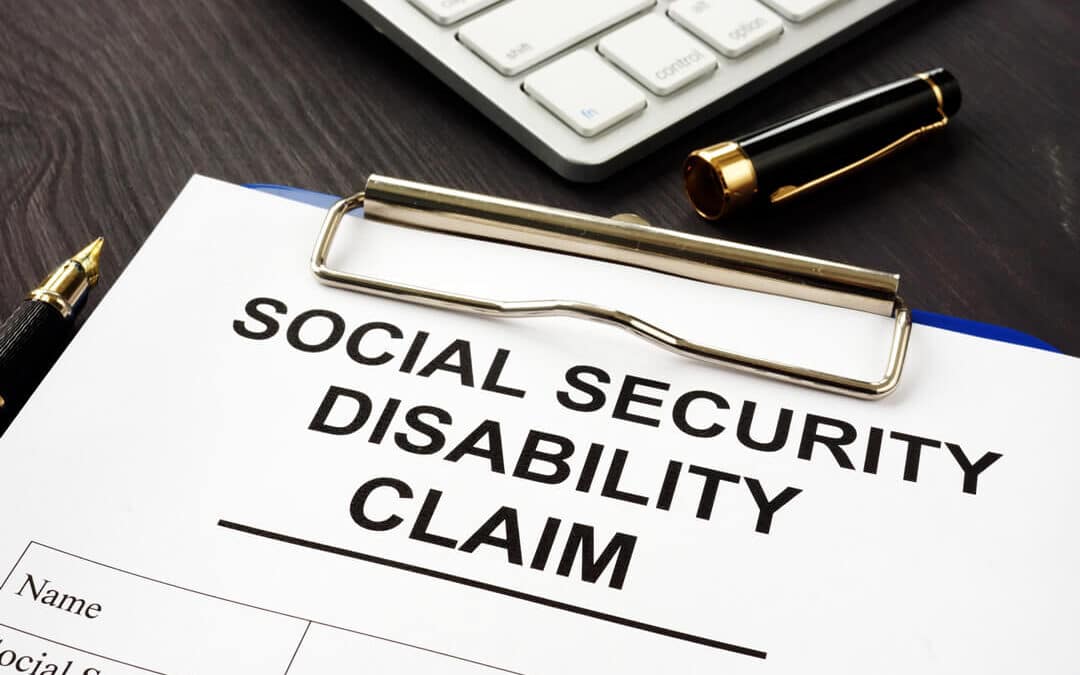When applying for Social Security Disability Insurance (SSDI), it is crucial to gather supporting letters that can strengthen your case. These letters serve as additional evidence of your disability, limitations, and need for financial help. By providing firsthand accounts from individuals who have witnessed the impact of your condition on your daily life, these letters can significantly enhance your chances of receiving the benefits you deserve.
The Importance of Supporting Letters
The Social Security Administration (SSA) relies on various factors to determine your eligibility for SSDI benefits. While medical records play a vital role, they may not fully capture the extent of your disability and how it affects your ability to work. This is where supporting letters come in. These letters provide a personal perspective and offer valuable insights into the specific challenges you face because of your condition.
Who Should Write Supporting Letters?
When gathering supporting letters, it is important to seek input from individuals who have firsthand knowledge of your disability and have observed its impact on your daily life. Suitable candidates may include family members, friends, caregivers, neighbors, former employers, or colleagues. The key is to choose individuals who have had frequent contact with you and can provide detailed and accurate accounts of your limitations.
What Should Supporting Letters Include?
To ensure the effectiveness of supporting letters, it is essential to provide clear guidelines to your chosen witnesses. A detailed memo can be provided, suggesting topics to address and areas to avoid. The following elements should be included in the supporting letters:
- Relationship and Observation: The letter should begin by establishing the relationship between the witness and the claimant. This helps the SSA understand the relevance and credibility of the information presented. The witness should describe how long they have known the claimant and the frequency of their interactions.
- Activities and Limitations: The witness should provide a detailed account of the activities the claimant can no longer perform or experiences difficulty with due to their disability. This can include household chores, mobility, personal care, concentration, memory, and social interactions.
- Impact on Work: If possible, the witness should address how the claimant’s disability affects their ability to work. This can involve discussing specific job duties the claimant can no longer perform or instances where their performance was affected by their condition.
- Changes in Behavior and Mood: Witnesses should also describe any noticeable changes in the claimant’s behavior, mood, or emotional well-being. This can include increased frustration, irritability, or signs of depression resulting from their disability.
Guidelines for Writing Supporting Letters
To ensure acceptance of your supporting letters, it is important to follow these guidelines:
- Conciseness: The letters should be concise and to the point. Long, rambling letters may lose the attention of the reader, so it is crucial to focus on the most relevant information.
- Authenticity: The witness letters should be based on firsthand observations rather than hearsay or assumptions. They should reflect the witness’s personal experiences with the claimant, providing specific examples.
- Accuracy: The information provided in the letters should be truthful. It is important to avoid exaggerations or embellishments that could undermine the credibility of the letters.
- Editing and Review: Before submitting the letters, it is advisable to have them reviewed by an attorney or legal professional. This ensures that the letters effectively convey the necessary information and adhere to the requirements set by the SSA.
Submitting Supporting Letters
Once you have collected and reviewed your supporting letters, you can submit them as part of your SSDI application. It is important to organize the letters and include them along with other required documentation such as medical records and official diagnoses. Each letter should be properly labeled with the witness’s contact information for potential follow-up by the SSA.
Getting Help with Your Disability Claim
Gathering supporting letters can be a helpful step in strengthening your Social Security Disability claim. The insights provided by supporting letters can greatly contribute to the overall authenticity of your case. Because of their crucial role, you may want the help of an experienced disability lawyer in gathering and submitting your disability support letters.
Brock and Stout’s disability attorneys have worked over 25 years helping clients get the benefits they need. Reach out to us today for a free evaluation of your situation to see if we can help you.

